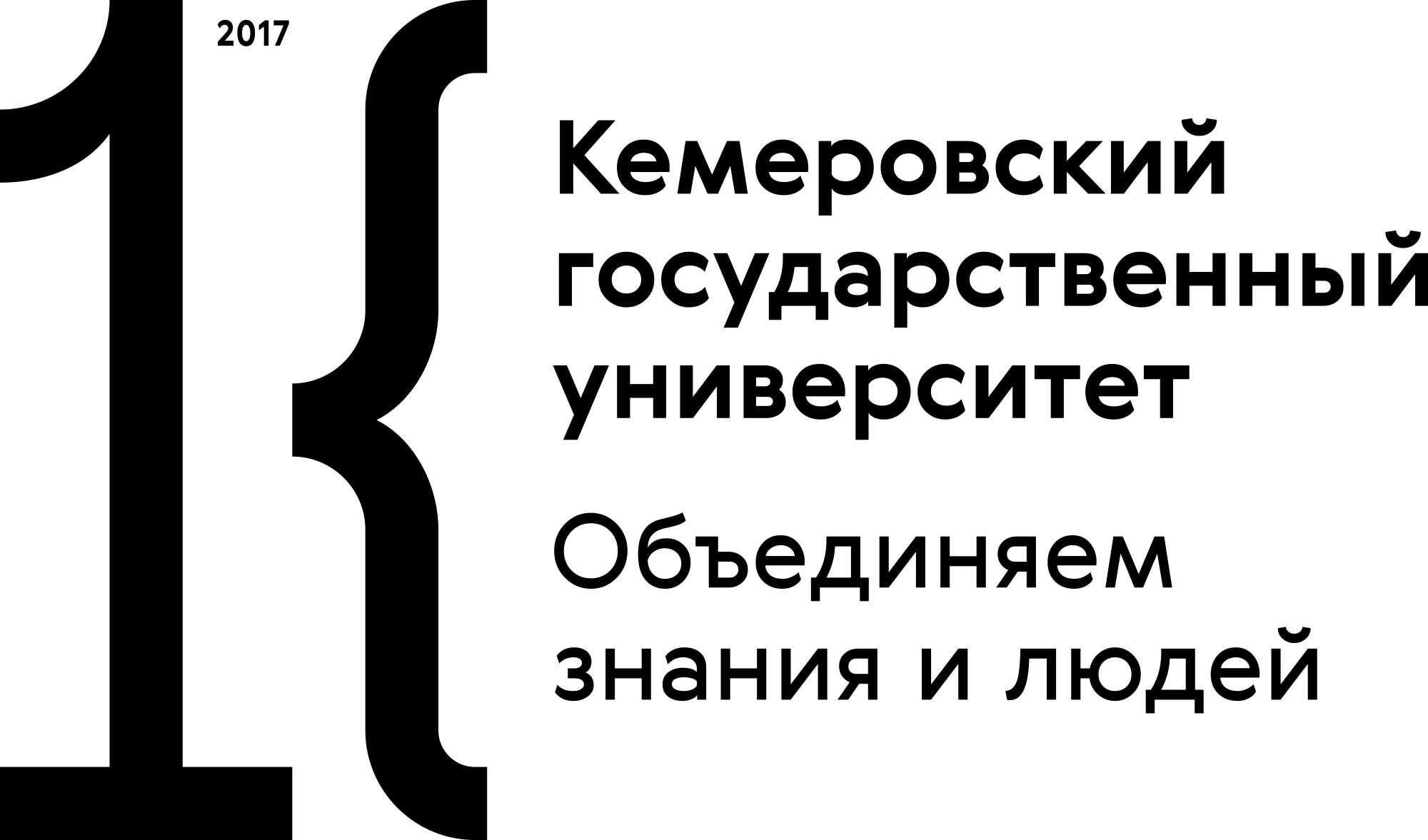UDC 31
The new social reality increased public interest in the issues of occupational mobility of the youth. The research objective was to determine the tendencies of social practices in this sphere. The author analyzed and generalized scientific publications on the problems of occupational mobility of young population and the related labor market. The paper introduces various interpretations of the concept of "social practices" and systematizes them. The author identified four trends in the social practices: 1) an increase in the flexibility of social practices, 2) an expansion of channels of professional mobility, 3) the development of the Internet industry, and 4) a change in the attitude of young people to employment. The research results can improve the management of the occupational mobility of young people in modern society, as well as provide targeted management impact on social facilities by revealing their resources and potential. By taking into account modern trends in social practices of occupational mobility of young population, organizations can ensure professional growth and competitiveness of young employees in the labor market.
habit, professional development, activities, labor market, social changes, management
1. Zaslavskaya T. I., Shabanova M. A. Institutionalization of non-legal social practices in Russia: labor sphere. Mir Rossii, 2002, 11(2): 3-38. (In Russ.)
2. Kasatkina N. P., Shumkova N. V. From self-education to self-employment: back entrance for youth to the labor market. Monitoring of Public Opinion: Economic and Social Changes, 2020, (3): 201-223. (In Russ.) DOI:https://doi.org/10.14515/monitoring.2020.3.1600
3. Kvasova I. I. Social practices and human experience (P. Bourdieu's discourse). RUDN Journal of Sociology, 2009, (2): 5-12. (In Russ.)
4. Sergienko A. M. Social practices of Russians in the labor market: a systematic analysis of transformation processes. Social practices of modern youth: search for new identities: Proc. All-Russian Sci.-Prac. Conf. with Intern. participation, Barnaul, May 21-22, 2009. Barnaul, 2009, 183-185. (In Russ.)
5. Bourdieu P. Structure, habitus, practice. Zhurnal sotsiologii i sotsialnoy antropologi, 1998, 1(2): 44-59. (In Russ.)
6. Bourdieu P. Le Sens pratique, ed. Shmatko N. A. St. Petersburg: Aleteiia; Moscow: In-t eksperim. sotsiologii, 2001, 562. (In Russ.)
7. Giddens A. The consequences of modernity. Moscow: Praksis, 2011, 343. (In Russ.)
8. Volkov V. V., Kharkhordin O. V. Practice theory. St. Petersburg: Izd-vo Evropeiskogo universiteta v Sankt-Peterburge, 2008, 297. (In Russ.)
9. Ilinykh S. A. Risk as a subject of research in the sociology of management. Research and development in the era of globalization: Proc. Intern. Sci.-Prac. Conf., Volgograd, 5 Feb, 2017. Ufa, 2017, pt. 1, 241-243. (In Russ.)
10. Petukhov A. S., Pirogov S. V. Practice theories as a methodology for everyday life studies. Vestnik Tomskogo gosudarstvennogo universiteta. Filosofiya. Sotsiologiya. Politologiya, 2018, (41): 159-167. (In Russ.) DOI:https://doi.org/10.17223/1998863X/41/18
11. Kovaleva A. I. Professional mobility. Znanie. Ponimanie. Umenie, 2012, (1): 298-300. (In Russ.)
12. Reutova M. N. Professional mobility of youth: 20 years after. Belgorod State University Scientific Bulletin. Philosophy. Sociology. Law series, 2008, (14): 188-199. (In Russ.)
13. Solovieva T. S., Popov A. V. Social innovations in employment: region's experience. Ars Administrandi, 2015, (2): 65-84. (In Russ.)
14. Zubok Ju. A. Youth: life strategies in a new reality. Monitoring of Public Opinion: Economic and Social Changes, 2020, (3): 4-12. (In Russ.) DOI:https://doi.org/10.14515/monitoring.2020.3.1688
15. Burlutskaya M. G., Kharchenko V. S. Freelancers: social status, career strategies and professional development. Zhurnal sotsiologii i sotsialnoy antropologi, 2013, 16(1): 111-123. (In Russ.)
16. Kanieva M. M., Orlova M. G. Uberization technologies in the sphere of youth employment. Science. University. 2017: Proc. 18 Intern. annual Sci.-Prac. Conf., Novosibirsk, 30 Mar, 2017. Novosibirsk, 2017, 296-299. (In Russ.)
17. Efremova E. A. Features of the introduction of social technologies: problems and prospects. Gumanitarnyj nauchnyj vestnik, 2020, (3): 76-82. (In Russ.) DOI:https://doi.org/10.5281/zenodo.3763728
18. Brodovskaya E. V., Dombrovskaya A. Yu., Pyrma R. V., Sinyakov A. V., Azarov A. A. The impact of digital communication on Russian youth professional culture: results of a comprehensive applied study. Monitoring of Public Opinion: Economic and Social Changes, 2019, (1): 228-251. (In Russ.) DOI:https://doi.org/10.14515/monitoring.2019.1.11
19. Babintsev V. P., Reutov E. V. Self-organization and "atomization" of youth - an actual form of social and cultural reflection. Sotsiologicheskie issledovaniya, 2010, (1): 109-115. (In Russ.)
20. Burmykina I. V. Methodological basis for the theory of social technologies of the modern world. Vestnik Moskovskogo Universiteta. Serija 18. Sociologija i politologija, 2013, (4): 151-161. (In Russ.)

















